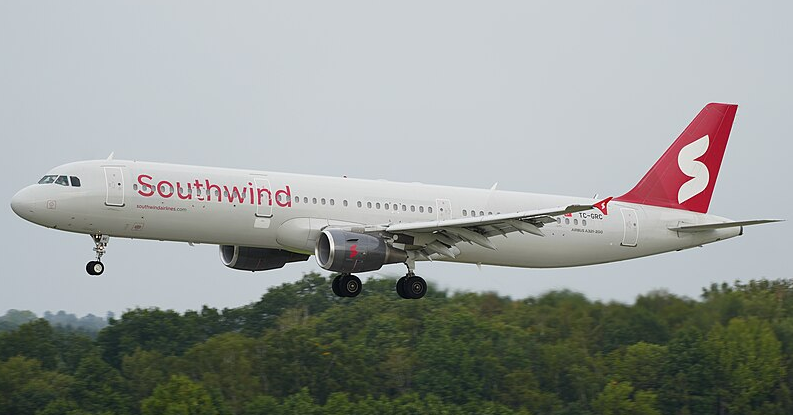EU closes skies to the Turkish airline Southwind Airlines.
Others are reading now
The European Union has recently extended its airspace ban to include Southwind Airlines, a Turkish carrier, amid suspicions of its connections with Russia.
The clampdown, reported by Turizm Guncel, signifies a broader strategy by the EU to isolate entities associated with Russia in response to the ongoing conflict in Ukraine.
Investigative Findings Lead to Ban
The Finnish government spearheaded the investigative efforts into Southwind Airlines, culminating in a prohibition of the airline’s operations between Antalya and Helsinki.
This probe revealed that although Southwind Airlines is officially headquartered in Antalya, its operations and personnel have deep roots with Nordwind Airlines, a Russian carrier.
Also read
Notably, Nordwind is under the ownership of Pegas Touristik, a Russian travel agency. These revelations have raised eyebrows about the depth of Southwind’s ties to Russia, prompting the EU’s decision.
Southwind Airlines, established in the aftermath of the Russian invasion of Ukraine, aspired to bridge Turkey with several German cities, including Berlin and Düsseldorf.
However, this ambition has been curtailed by the EU’s airspace closure, reflecting the bloc’s unwavering stance on entities perceived to support or maintain links with Russia amidst the Ukrainian crisis.
Travel Plans Disrupted
The ramifications of the EU’s airspace ban were felt keenly by Russian tourists stranded in Sharm El-Sheikh, who faced an unexpected 11-hour delay.
This incident underscores the broader impact of the EU’s sanctions on ordinary individuals, complicating travel plans and highlighting the far-reaching consequences of geopolitical tensions.
By extending airspace restrictions to include airlines with suspected ties to Russia, the EU aims to bolster its sanctions regime, demonstrating a clear stance against entities that may indirectly support Russia’s war efforts. This measure adds to the increasing isolation faced by Russian carriers, which have seen their aircraft seized and maintenance services denied internationally.








